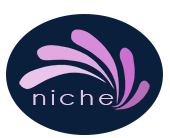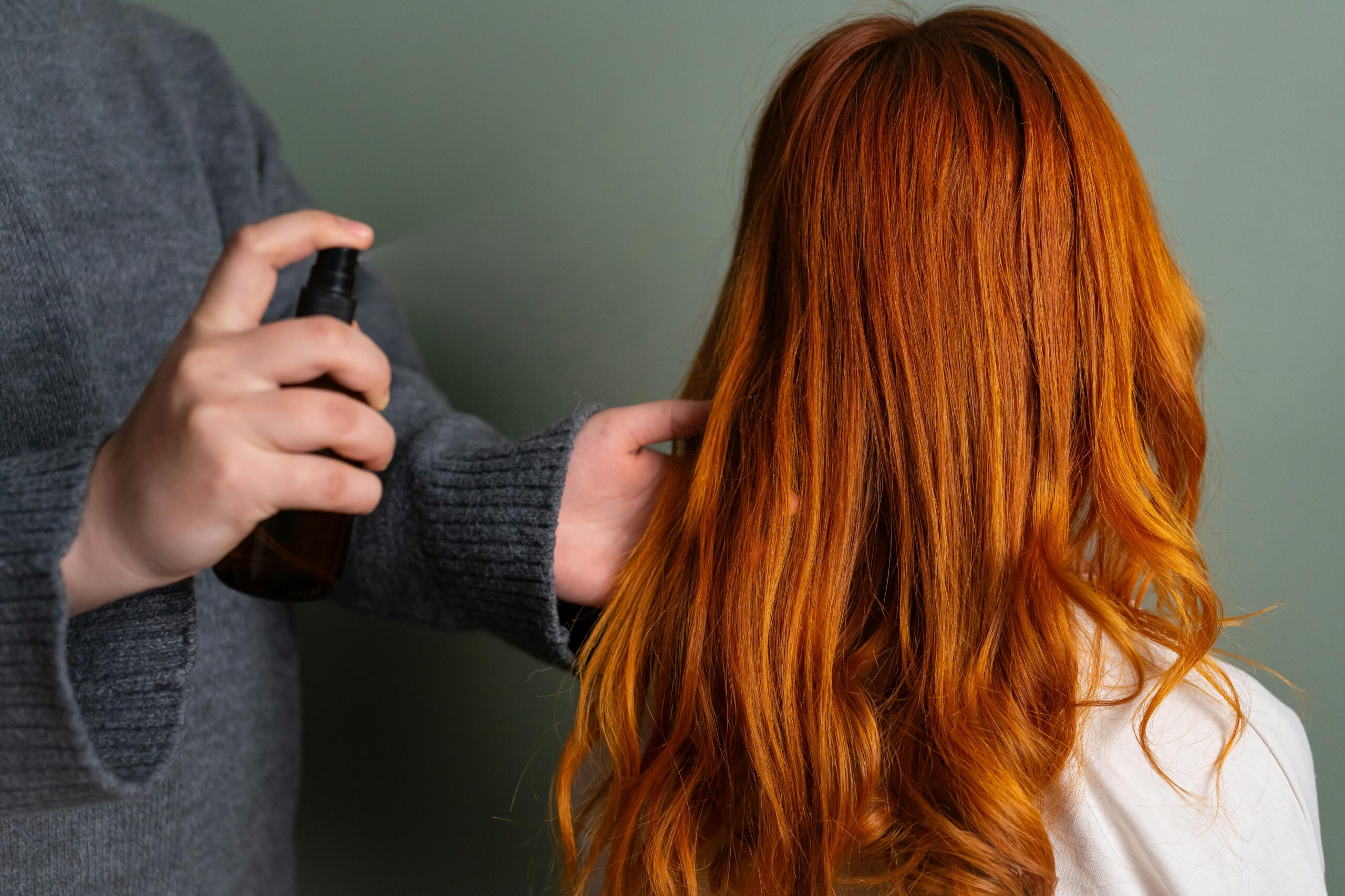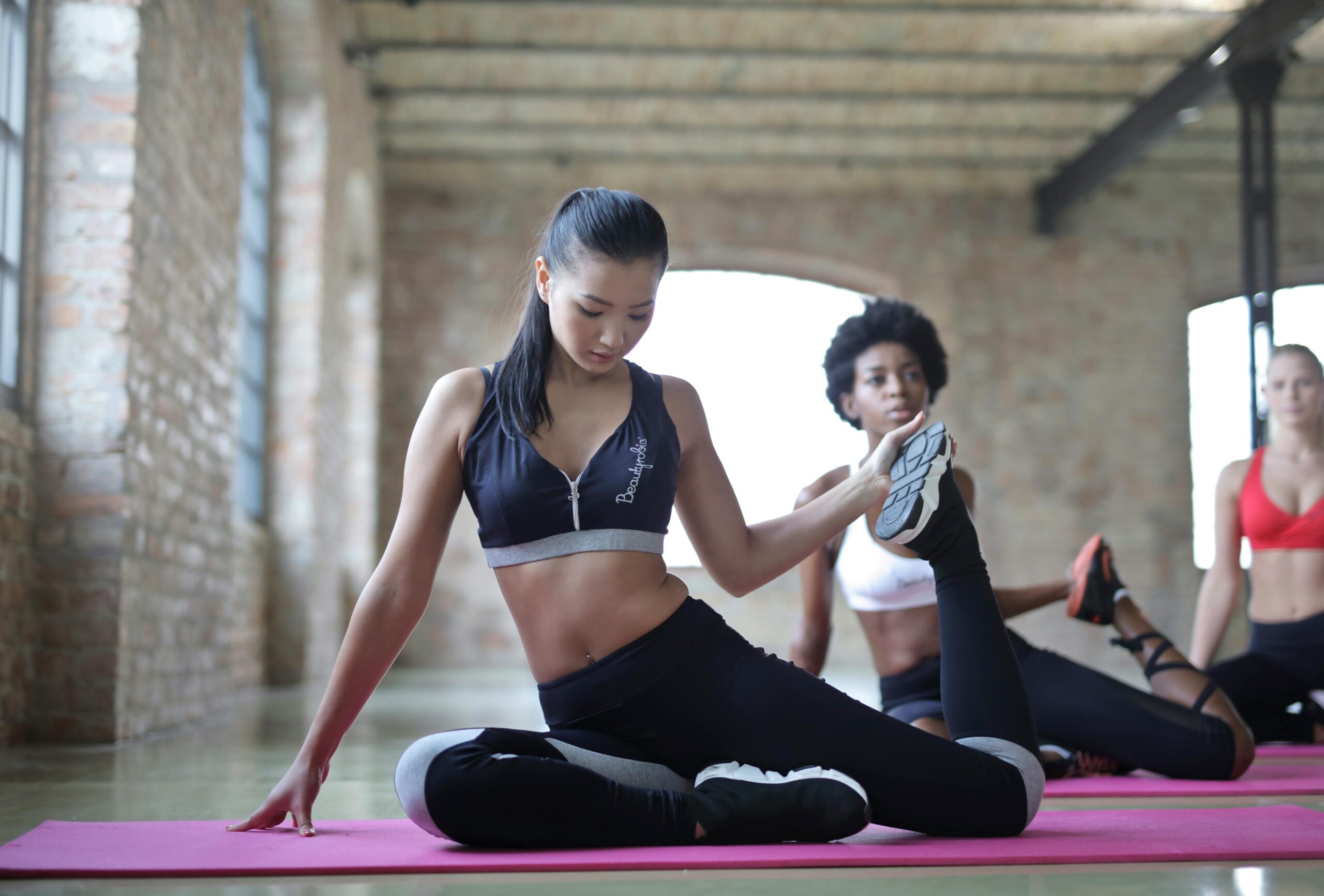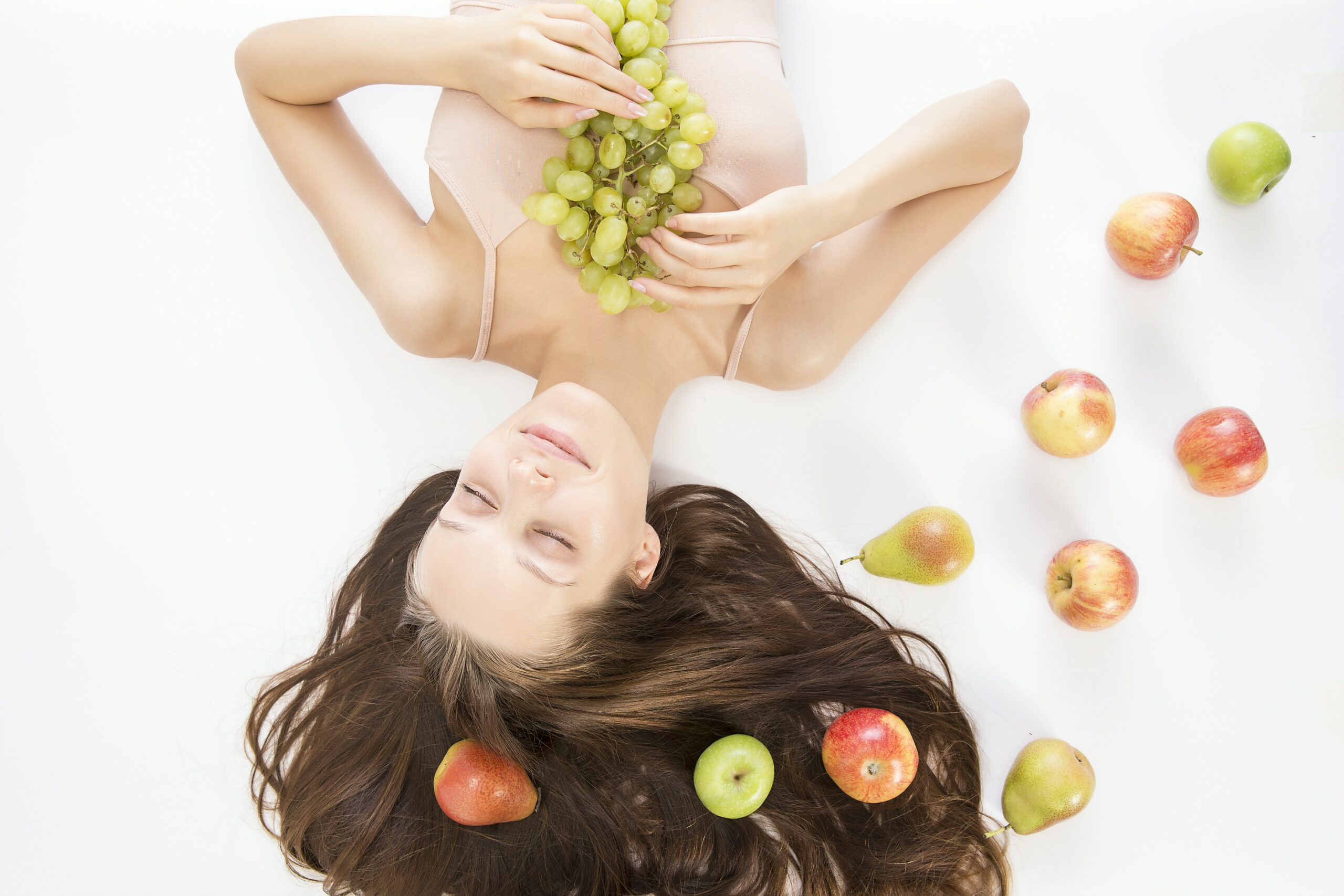
Nutrition for Healthy Hair: The Best Foods for Strong, Shiny Locks
At Niche Salon Bangkok, we know that truly beautiful hair isn’t just about the right cut or color—it starts from within. While professional treatments and high-quality styling products can enhance your hair’s appearance, the foundation of long, strong, and shiny locks lies in proper nutrition.
If you’ve been struggling with hair thinning, slow growth, or lackluster strands, the solution might be on your plate rather than in your bathroom cabinet. Let’s explore the best foods for hair growth, the key nutrients your follicles crave, and simple lifestyle tweaks to prevent hair loss and boost thickness naturally.
Why Does Diet Affect Hair Health?
Hair grows from follicles that rely on a steady supply of vitamins, minerals, and proteins to function optimally. When your body lacks essential nutrients, your hair often suffers first—leading to:
✔ Hair thinning (excessive shedding)
✔ Slow growth (hair won’t grow past a certain length)
✔ Dryness & breakage (weak, brittle strands)
✔ Dull, lifeless texture (lack of natural shine)
The good news? By adjusting your diet to include hair-friendly nutrients, you can strengthen follicles, reduce shedding, and enhance shine—without expensive treatments.
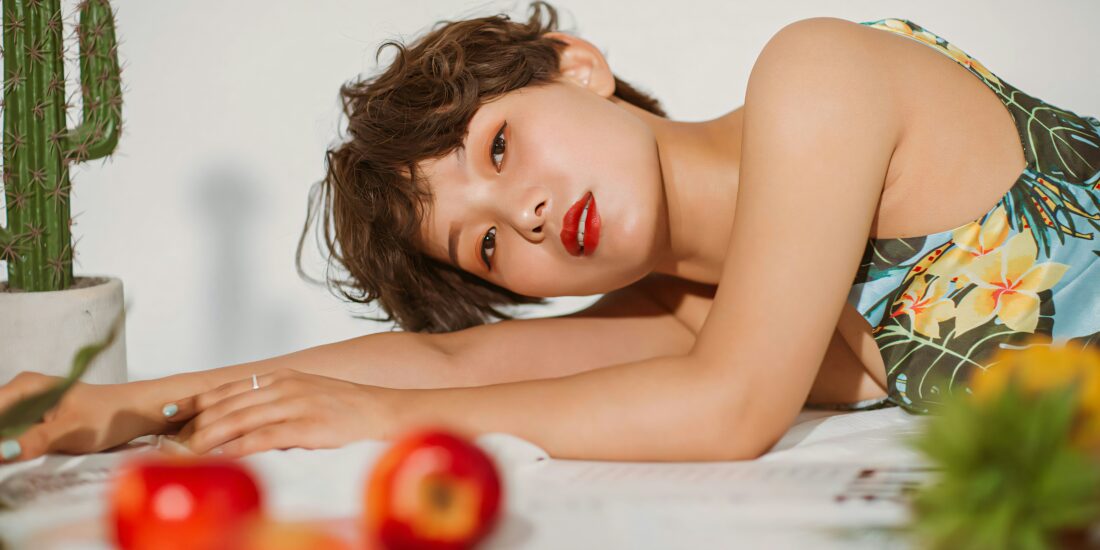
Top 7 Nutrients for Healthy Hair (And Where to Find Them)
1. Protein – The Building Block of Hair
Healthy, vibrant hair begins at the molecular level. As a structural protein, keratin comprises approximately 88% of your hair’s composition, making adequate protein intake fundamental to maintaining strength, elasticity, and growth. When the body experiences protein deficiency, hair follicles enter a resting phase, leading to increased shedding, brittleness, and lackluster strands
To support keratin production and overall hair integrity, incorporate these nutrient-dense protein sources into your regimen:
Eggs – A complete protein containing all nine essential amino acids, plus biotin for keratin synthesis.
Poultry & Fatty Fish – Lean proteins rich in iron and omega-3 fatty acids to nourish follicles and reduce inflammation.
Legumes – Plant-based proteins like lentils and chickpeas provide iron, zinc, and B vitamins to prevent thinning.
Dairy – Greek yogurt offers casein protein and vitamin B5 (pantothenic acid) to strengthen strands.
Nuts & Seeds – Almonds, walnuts, and flaxseeds deliver protein, vitamin E, and minerals that protect hair from oxidative stress.
Daily Intake: Aim for 0.8–1g of protein per kilogram of body weight.
Supplementation: For clients with dietary restrictions, collagen or plant-based protein powders can help bridge nutritional gaps.
Holistic Approach: Pair protein with vitamin C-rich foods (e.g., citrus, bell peppers) to enhance iron absorption for improved follicle oxygenation.
Key Consideration: Temporary shedding after significant dietary changes (e.g., rapid weight loss, vegan transitions) often reflects protein or nutrient adjustments. Monitor intake and consult a trichologist if excessive loss persists beyond three months.
By prioritizing high-quality proteins, clients can visibly improve hair resilience, shine, and growth cycles—complementing professional treatments for comprehensive hair wellness.

2. Iron – Prevents Hair Loss
Hair shedding can often be traced to low iron levels, a common issue that disrupts the hair growth cycle. Iron fuels red blood cells to deliver vital oxygen to your follicles—without it, hair becomes weak, thin, and prone to excessive shedding.
Top Iron Sources for Stronger Hair:
✔ Heme Iron (Best Absorption): Lean beef, lamb, oysters
✔ Non-Heme Iron: Spinach, lentils, pumpkin seeds, fortified cereals
Pro Tips for Maximum Benefits:
• Boost absorption by pairing iron-rich meals with vitamin C (try citrus or bell peppers)
• Avoid inhibitors like coffee/tea with meals (wait 1-2 hours)
• Get tested – optimal ferritin levels for hair health: 50-70 ng/mL
Note: If increasing dietary iron doesn’t reduce shedding after 3-4 months, consult your doctor about possible supplementation.
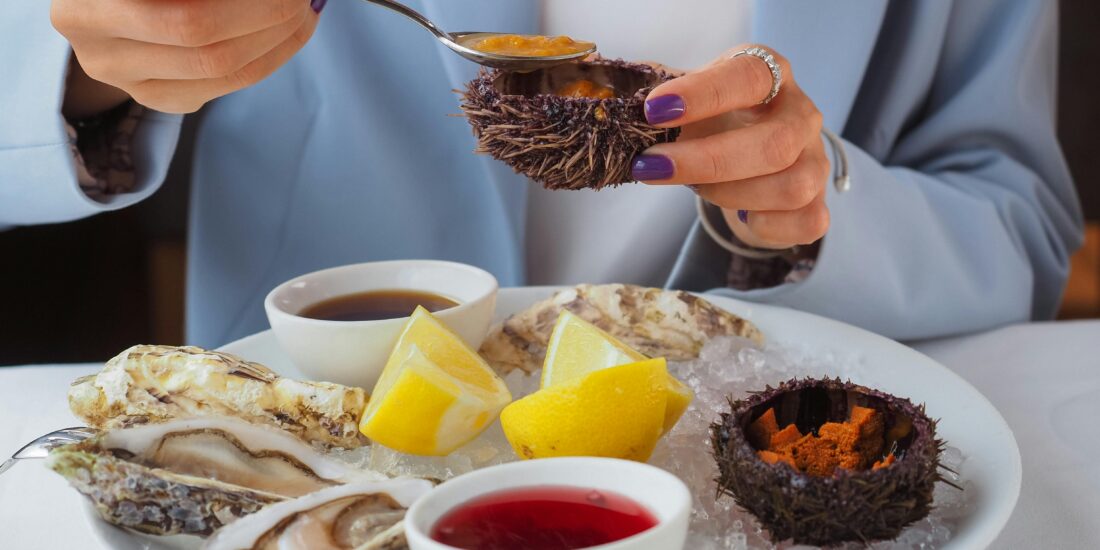
3. Omega-3 Fatty Acids – For Scalp & Shine
Reduces Scalp Inflammation – Omega-3s help soothe irritation and conditions like dandruff or eczema.
Prevents Dryness & Flaking – They strengthen the scalp’s moisture barrier, keeping it hydrated.
Enhances Natural Shine – By nourishing hair follicles, omega-3s promote smoother, glossier strands.
How to Get Omega-3s:
✔ Diet: Fatty fish (salmon, mackerel), flaxseeds, chia seeds, walnuts.
✔ Supplements: High-quality fish oil or algae-based omega-3 capsules.
Pro Tip: Combine omega-3 intake with a balanced diet for optimal scalp and hair health!
4. Biotin (Vitamin B7) – Strengthens Hair
Ever noticed more hair in your brush or strands that snap easily? A biotin deficiency might be to blame. This little-known vitamin is a powerhouse for keeping hair strong because it helps your body produce keratin—the building block of healthy hair. Without enough, you could face thinning, brittleness, or even unexpected shedding.
✔ Egg yolks – A biotin superstar! Just cook them first—raw egg whites contain a protein (avidin) that actually blocks absorption.
✔ Almonds & sunflower seeds – Perfect for an on-the-go snack or sprinkled over yogurt for extra crunch and hair benefits.
✔ Sweet potatoes – Not only loaded with biotin but also beta-carotene, which keeps your scalp in top shape.
✔ Salmon – Doubles up with biotin and omega-3s to give your hair that glossy, resilient look.
✔ Spinach & broccoli – These greens deliver biotin plus a bonus of iron and folate, two more must-haves for thick, healthy hair.
Quick Tip: For the best results, combine biotin-rich foods with other hair heroes like zinc (found in pumpkin seeds) and vitamin C (hello, citrus!). And remember—skip the Rocky-style raw egg drinks; cooked is the way to go!

5. Vitamin A – Promotes Sebum Production
Did you know that Vitamin A plays a vital role in hair health ? By regulating sebum production—it helps your scalp getting a natural moisturizer. The right amount keeps hair shiny and strong, but imbalance can lead to dryness or even hair loss
Boosts sebum – Prevents dry scalp and brittle hair
Supports follicle health – Essential for cell growth and repair
Protects hair – Keeps strands hydrated and resilient
However, there is a catch: Too Much Can Backfire. Indeed, an excess vitamin A (especially from supplements) may trigger hair shedding by disrupting growth cycles, or even cause toxicity over time (it’s fat-soluble).
What are the smart sources for a blanced intake of Vitamin A then ? You should stick to food sources for safer, natural absorption:
Carrots & sweet potatoes – Rich in beta-carotene
Spinach & kale – Packed with nutrients
Eggs & dairy – Provide retinol in moderate amounts
Bottom Line: Nourish your hair with vitamin A-rich foods, skip high-dose supplements, and enjoy the benefits without the risks.
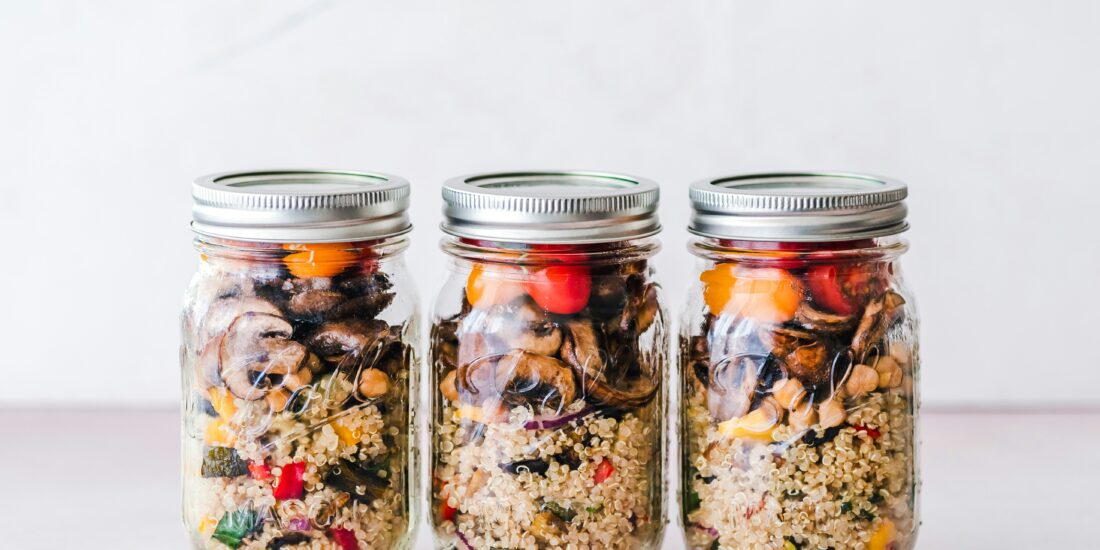
6. Vitamin C – Boosts Collagen & Iron Absorption
Vitamin C is a powerhouse nutrient that supports hair health in two key ways:
Promotes Collagen Synthesis: As a vital component of hair’s structural integrity, collagen helps prevent breakage and maintains elasticity for stronger, more resilient strands.
Enhances Iron Absorption: By improving the body’s ability to utilize iron, vitamin C ensures hair follicles receive adequate oxygen and nutrients for optimal growth and function.
Top Dietary Sources: Citrus fruits (oranges, grapefruits), berries (strawberries, blackberries), kiwi, guava, bell peppers, and leafy greens like spinach.
Why It Matters for Clients: A deficiency in vitamin C can lead to weak, brittle hair and slower growth. Encouraging a diet rich in vitamin C—or supplementation when necessary—can help clients maintain vibrant, healthy hair between salon visits.
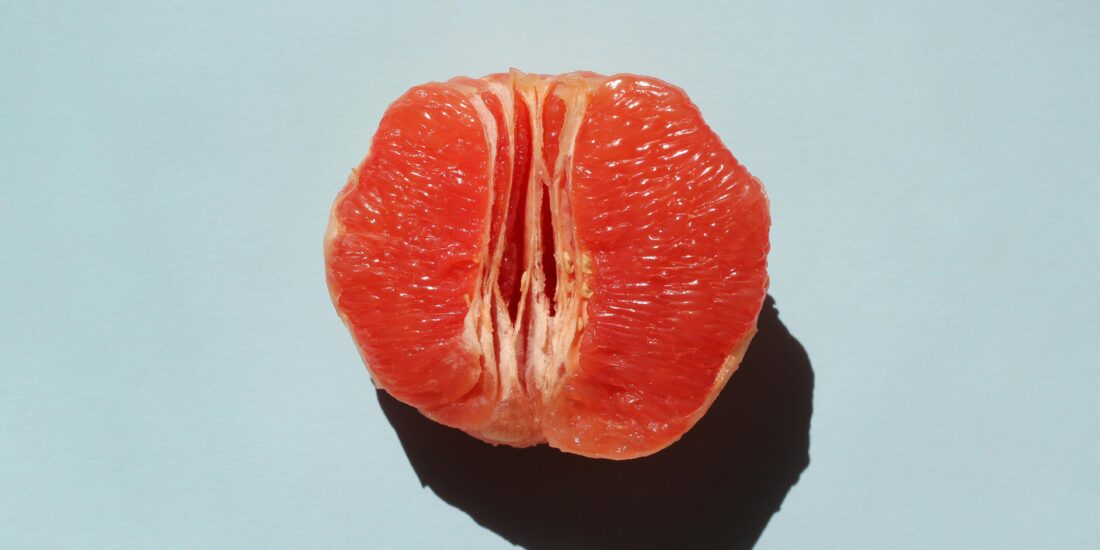
7. Zinc – Repairs & Supports Growth
Zinc plays a critical role in maintaining healthy hair by supporting follicle function and cellular repair. A deficiency in this vital mineral can lead to excessive shedding, slow growth, and even scalp conditions like dryness or flakiness.
Strengthens Follicles: Zinc regulates sebum production and supports the hair growth cycle, reducing breakage and thinning.
Accelerates Repair: It aids in tissue regeneration, helping damaged strands recover for stronger, more resilient hair.
Prevents Shedding: Low zinc levels are directly linked to telogen effluvium (excessive hair fall), making adequate intake crucial for retention.
✔ Oysters (highest natural zinc content)
✔ Grass-fed beef (rich in bioavailable zinc)
✔ Chickpeas & lentils (plant-based options for vegetarians)
✔ Cashews & pumpkin seeds (great for snacking)
✔ Quinoa (a zinc-packed whole grain alternative)
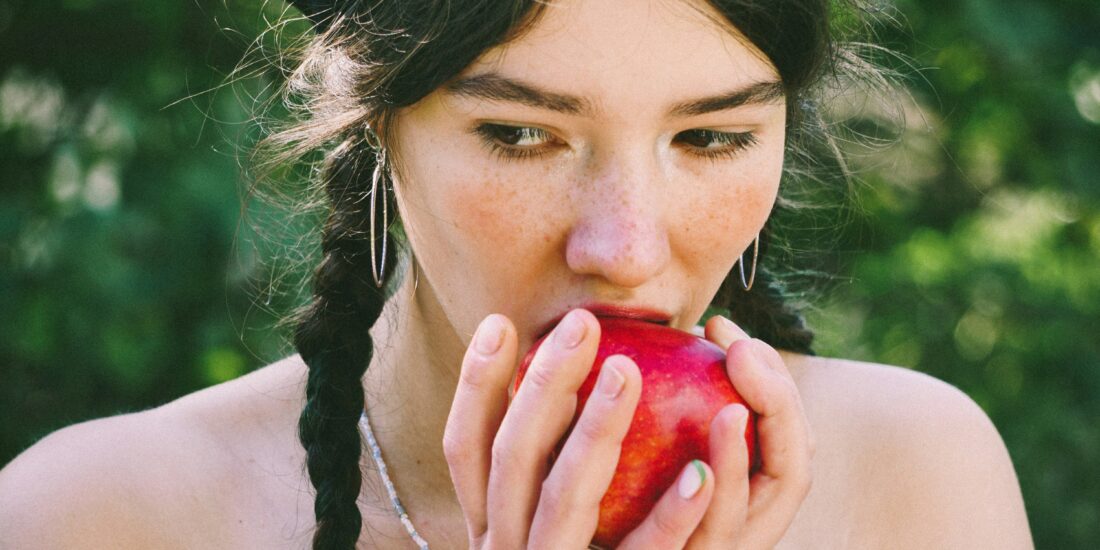
5 Signs Your Hair Needs Better Nutrition
1️⃣ Excessive shedding (more hair in the shower drain than usual)
2️⃣ Slow growth (hair seems stuck at one length)
3️⃣ Dry, brittle strands (breaks easily even with conditioner)
4️⃣ Dullness (lacks shine, no matter what products you use)
5️⃣ Itchy, flaky scalp (could signal omega-3 or zinc deficiency)
If you notice these signs, you will need to adjust your diet.
Lifestyle Tips for Thicker, Healthier Hair
✔ Stay hydrated – Dehydration leads to dry hair and scalp.
✔ Reduce heat styling – High heat damages keratin over time.
✔ Manage stress – Cortisol can trigger hair loss (try meditation or yoga).
✔ Sleep well – Hair repairs itself during deep sleep.
✔ Use gentle hair products – Avoid sulfates and harsh chemicals.
Salon Tip: If you color or chemically treat your hair, opt for organic dyes (such as Natulique – organic brand used at Niche Salon Bangkok) or formaldehyde-free keratin treatments (such as Milkshake K. Respect) in order to minimize damage.
While the salon treatments can enhance your hair’s appearance and health, a long-term healthy condition depends also on diet and lifestyle. By eating a balanced, nutrient-rich diet, staying hydrated, and protecting your hair from damage, you’ll see a noticeable difference in strength, shine, and growth.

